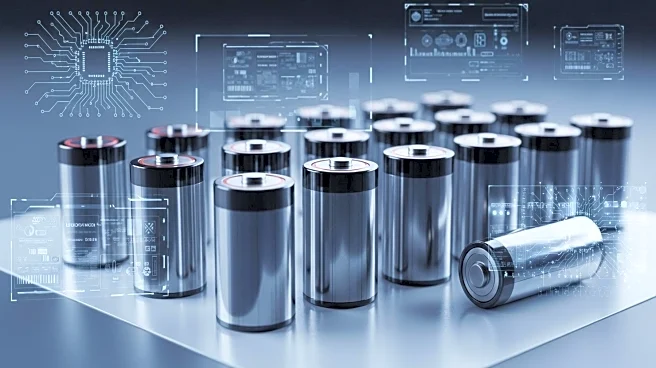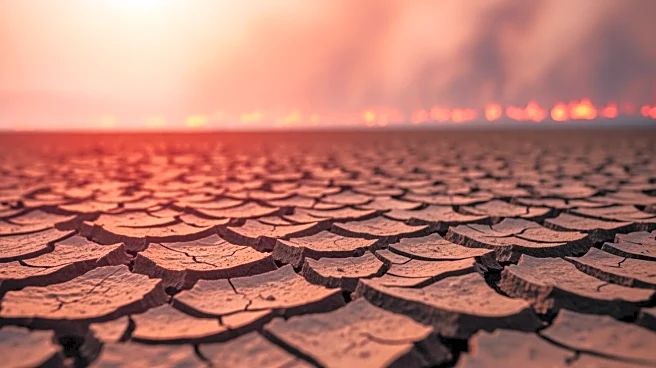What's Happening?
Portugal's center-right government, which assumed office in April 2024, is focusing on lithium development to align with the European Union's goal of reducing critical material imports. The EU's Critical Raw Materials Act (CRMA) mandates that member states secure 10% of their lithium needs domestically by 2030. Portugal, with the largest lithium reserves in Europe estimated at 60,000 tonnes, is well-positioned to meet this target. The government plans to launch an international tender for lithium prospecting licenses in 2025, targeting six regions in the north and center of the country. Key projects like the Barroso Lithium Project and Montalegre are expected to supply lithium for up to 500,000 electric vehicles annually by 2027.
Why It's Important?
Portugal's strategic focus on lithium development is significant for Europe's green transition and economic resilience. By reducing reliance on Chinese-dominated lithium refining, Portugal is helping to diversify Europe's supply chain, which is crucial amid global geopolitical tensions. The country's lithium strategy not only supports the EU's decarbonization agenda but also creates investment opportunities in sustainable mining and related technologies. This move could potentially cut EU lithium imports by half by the 2030s, enhancing energy security and fostering economic growth.
What's Next?
The Portuguese government is expected to continue streamlining mining regulations and introducing subsidy schemes for lithium-related technologies. The upcoming international tender in 2025 will open new exploration opportunities, particularly for firms with expertise in sustainable mining. As Portugal advances its lithium projects, it will likely attract significant EU funding and private investment, further solidifying its role in Europe's green industrial strategy.
Beyond the Headlines
Portugal's approach to lithium extraction includes innovative methods like recovering lithium from geothermal energy sources, which minimizes environmental impact. This aligns with both domestic environmental advocacy and EU sustainability standards, highlighting the ethical and ecological dimensions of the country's industrial policy.










